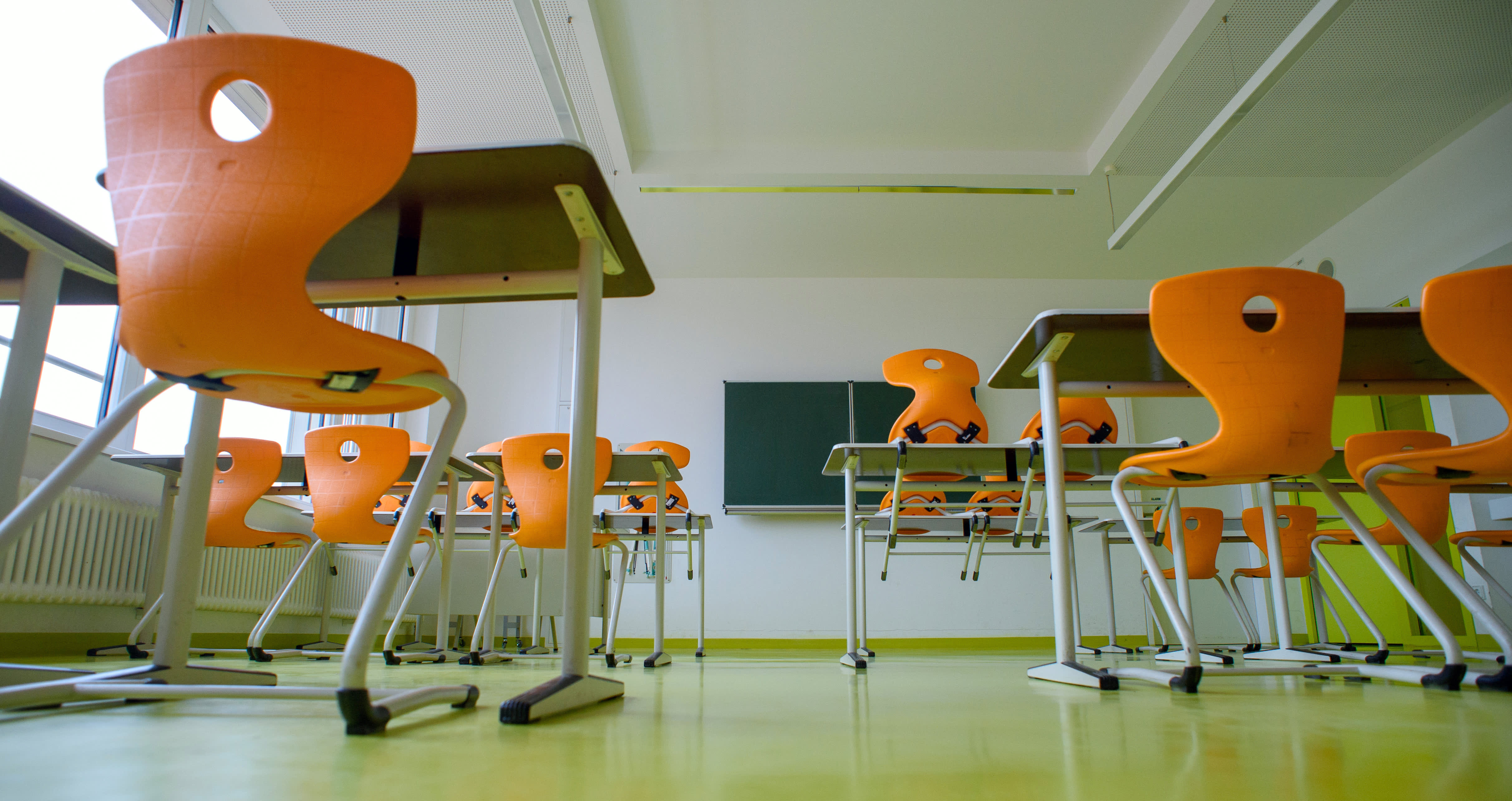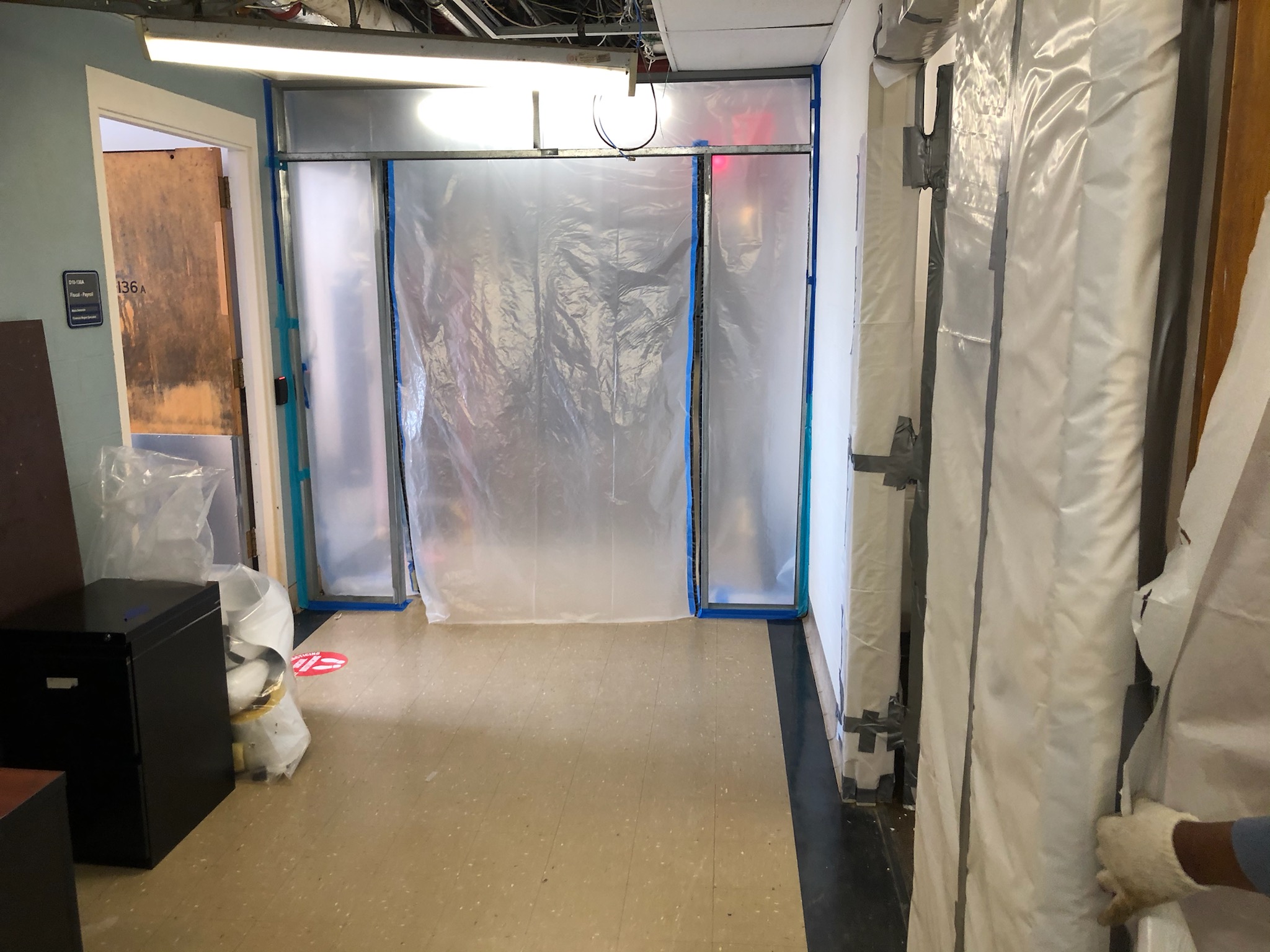Pooled coronavirus testing could be coming to your child’s school in a couple of weeks.
So what is it and how does work?
“Pool testing involves the specimen collection of interior nasal swabs from students and staff on a weekly basis,” said Russell Johnston, senior associate commissioner of the Department of Elementary and Secondary Education.
Johnston explained those tests are then pooled – generally in groups of 10, or about the size of a class cohort – and then processed together with results in 24 to 48 hours.
Get Boston local news, weather forecasts, lifestyle and entertainment stories to your inbox. Sign up for NBC Boston’s newsletters.
“If the results come back positive then we do follow up testing and identify who from within that pool may have tested positive and then take the appropriate steps necessary at that point,” Johnston said.
The follow up would be a rapid test.
The first six weeks of testing is completely covered by the state through federal stimulus funding, with the option for schools to continue testing using COVID funding that’s been allocated to each district.
"We feel like this is a really worthy investment of those funds," Johnston said.
So far, more than 300 schools and districts have expressed interest – but parental permission is required.
"Children who don’t opt in will not be kept out of school, but we really do hope that as many parents as possible will agree to participating," Johnston said.
Parents we spoke with were torn.
“If the kids aren’t showing symptoms, why make them go through all that crap? They’re already dealing with enough,” Millbury parent Samantha Gain said.
"I think things just need to get back to normal, whatever it takes," Auburn parent Jolanda Lucier added.
Johnston said the ultimate goal is getting kids back in the classroom more often.
"It’s a very simple, non-invasive process that yields important information to help us feel very confident about the safety of in-person learning," he said.
For anyone with additional questions, DESE has provided more information about pooled testing on its website.



